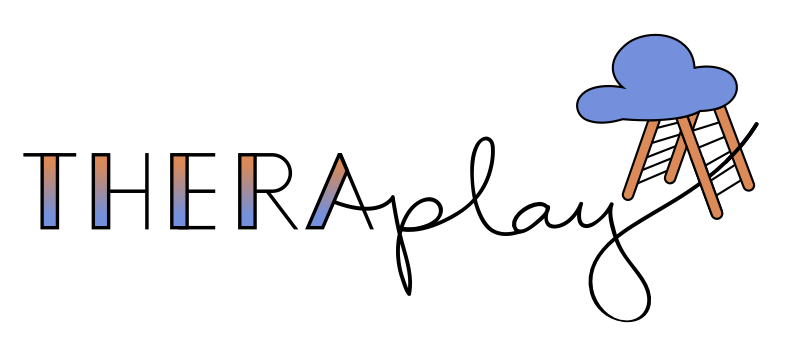Autism and Sleep: What the Research Means For Parents (2023)
“Why Does My Autistic Child Never Sleep? Can Autism Impact Sleep?”
If you’ve ever asked yourself these questions, you’re not alone.
The Prevalence of Sleep Disturbances in Autism
Autistic children are twice as likely to have sleep issues as their peers. That’s right: twice as likely.
One study suggests that up to 80% of autistic children ages 2 to 5 experience some form of disrupted sleep, ranging from difficulty falling asleep to decreased total sleep time, to frequent awakenings throughout the night.
All of these symptoms are listed as signs of Sleep Disordered Breathing.
Shockingly, by just 30 months old, children with autism begin showing these signs of a sleep disorder.
Sadly, these symptoms often go ignored or unaddressed until much later in the child’s life, with up to 90% of Sleep Disordered Breathing cases going unreported and therefore untreated.
Long-Term Outcomes
Remember that study that found up to 80% of children with autism experience disrupted sleep?
Well, they followed the kids in their study for nearly 4 years and here’s what they found:
31.5% of the children in the study showed improvements in their sleep over time
23% experienced worse sleep and the remaining
45.5% continued to experience the same level of sleep difficulties.
In addition to these sleep difficulties, autistic individuals typically spend only 15% of the time they’re asleep in REM compared to the 23% neurotypical individuals spend in REM
(Not sure why REM is important? Don’t worry; we’ll explain in our next post!).
The Unexamined Cause of Poor Sleep
Clearly, there is an under diagnosed and incredibly common difficulty with sleep experienced by the autistic community.
These differences may seem like they are caused by ADHD or ADHD medications, sensory sensitivities, anxiety, or other conditions that often happen together with autism.
While these factors can play a part, the fact that these symptoms start at a very young age and that more autistic individuals have Obstructive Sleep Apnea later in life suggests a different, surprising reason: the airway.
How We Can Help
Does your autistic child struggle with sleep? Check out our School of Sleep for personalized sleep hygiene solutions to help your child get the best sleep possible!
Suspect airway issues may be the cause of your child’s poor sleep? Consider beginning Orofacial Myofunctional Therapy to improve their airway health!


